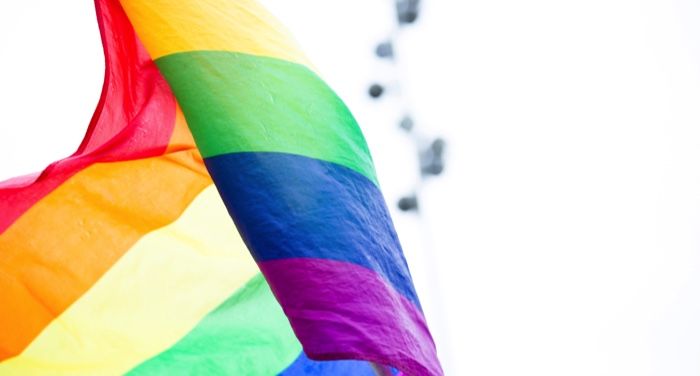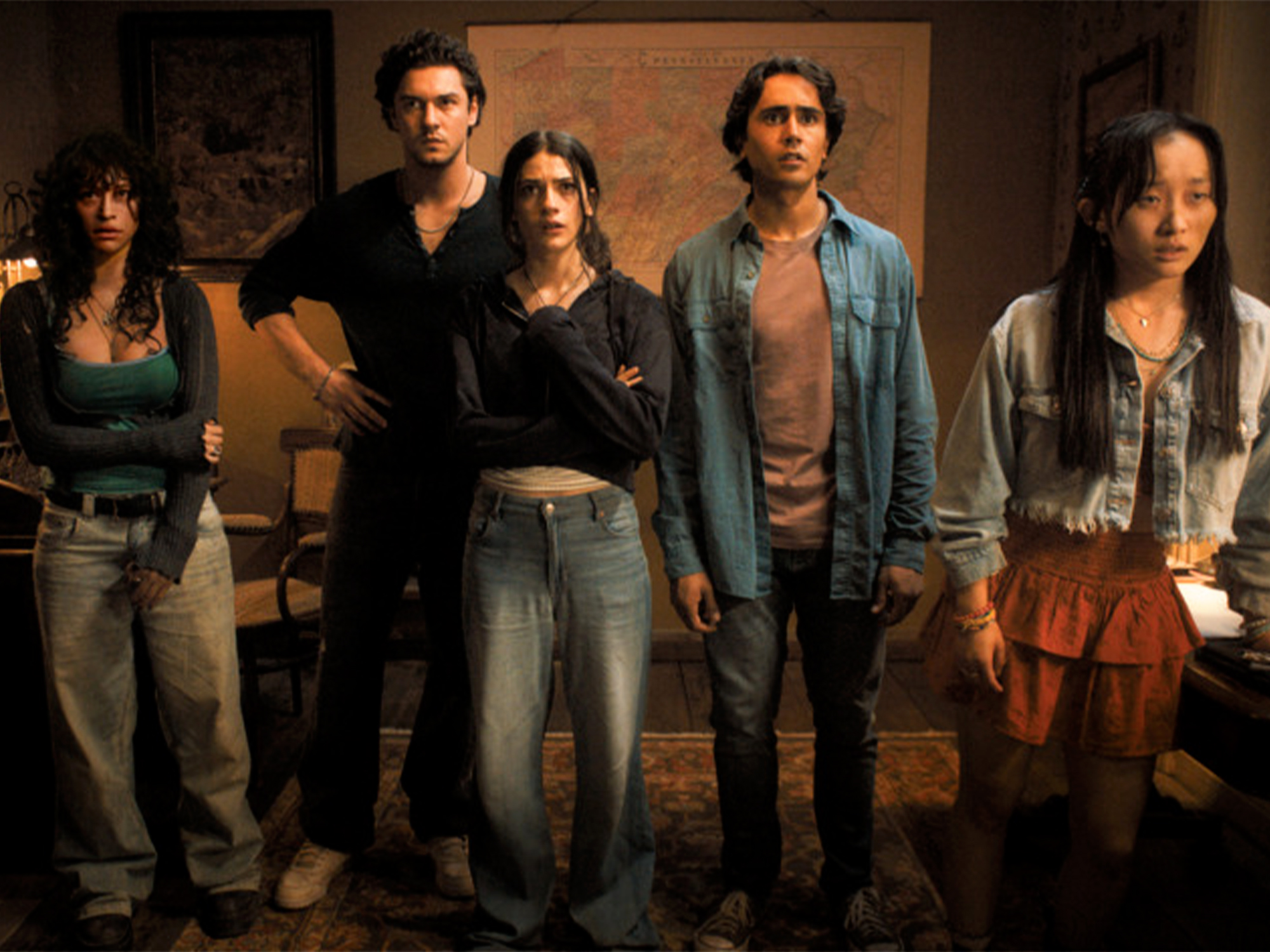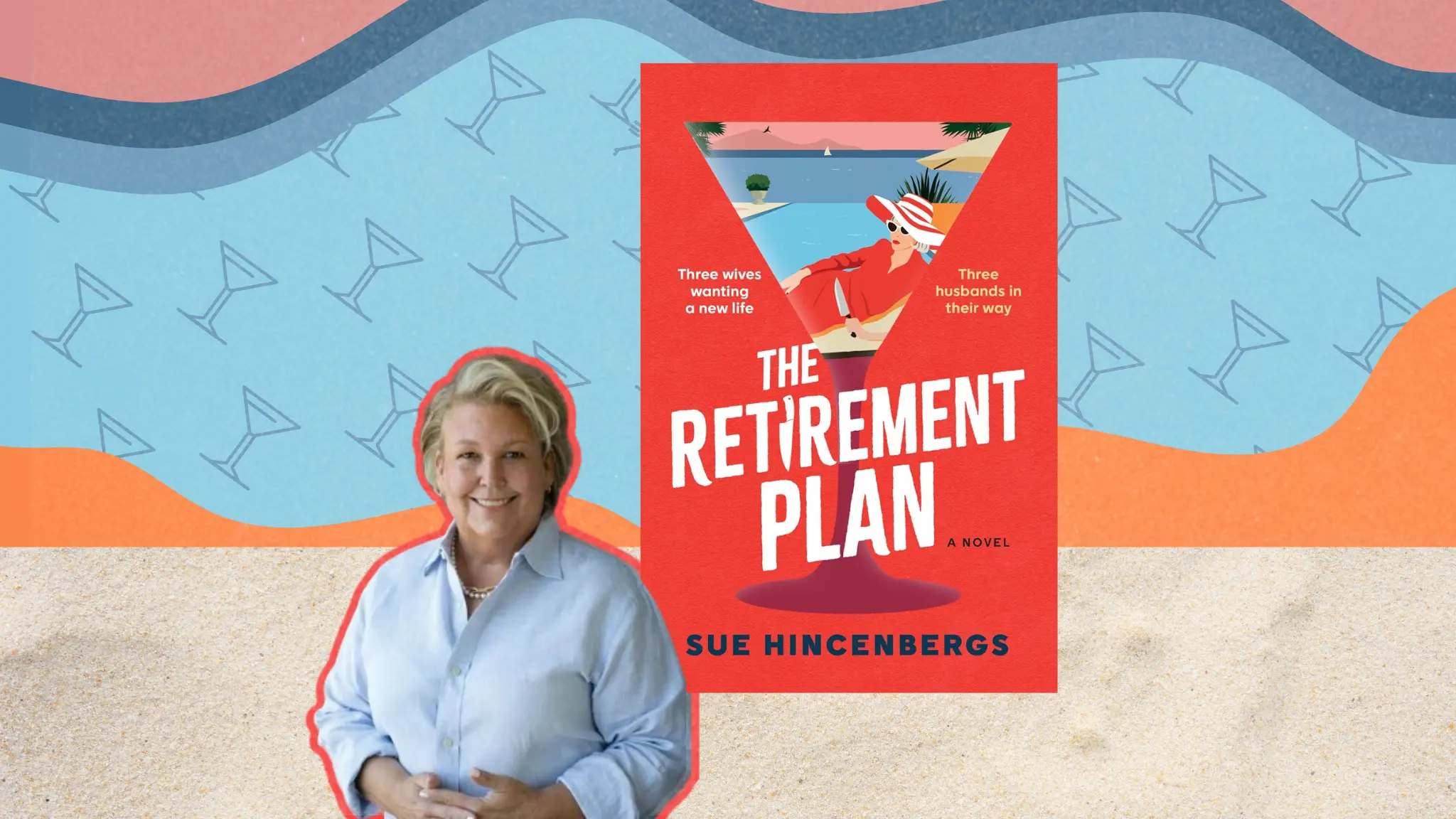
This content contains affiliate links. When you buy through these links, we may earn an affiliate commission.
If you’ve been following book banning news, you recognize the name Llano County, Texas. They come up frequently in our Censorship News Roundup, including for banning In the Night Kitchen by Maurice Sendak, barring community members from observing what should be public library board meetings, firing the library director, and more. Llano County library users also lost access to OverDrive, which provides ebooks and audiobooks to libraries, because the board couldn’t select individual titles to remove from it. In fact, it has so brazenly against against the role of a library board that seven residents sued them for violating their First Amendment rights.
Earlier this month, judge Robert Pitman ruled in favor of the library patrons, ordering that the dozen recently banned books — including Caste: The Origins of Our Discontents by Isabel Wilkerson, They Called Themselves the K.K.K.: The Birth of an American Terrorist Group by Susan Campbell Bartoletti, Being Jazz: My Life as a (Transgender) Teen by Jazz Jennings, and My Butt is So Noisy! by Dawn McMillan — be returned to shelves.
In his decision, Pitman said that “the First Amendment prohibits the removal of books from libraries based on either viewpoint or content discrimination” and that “evidence shows defendants targeted and removed books, including well-regarded, prize-winning books, based on complaints that the books were inappropriate.”
Now, Llano County’s commissioners are holding a meeting April 13 to decide whether to close the public library entirely rather than return these 12 books to the shelves.
As Deborah Caldwell-Stone, director of the American Library Association’s Office for Intellectual Freedom, put it:
Check Your Shelf Newsletter
Sign up to receive Check Your Shelf, the Librarian’s One-Stop Shop For News, Book Lists, And More.
Thank you for signing up! Keep an eye on your inbox.
By signing up you agree to our terms of use
“Rather than return twelve books to the library’s collection that reflect the lives and experiences of LGTQIA+ and BIPOC persons, the members of the Llano County Commission and its Library Board are prepared to fire the dedicated staff of the Llano County Library System and deny Llano County residents access to all the information and community services that the library staff provides, simply to prevent anyone from reading certain books that these officials don’t ever have to read.”
The board has also appealed to the Fifth Circuit Court of Appeals to stay Pitman’s injunction.
Closing the library rather than returning books is extreme, but it’s not unprecedented. Jamestown, Michigan voted to defund their library in November after a smear campaign accused librarians of being “groomers” for carrying LGBTQ children’s books. Despite donations from across the country, the library will likely soon close without reliable funding.
I can’t help but hear echoes of other civil rights battles, too. In 1959, when Prince Edward County, Virginia was ordered to desegregate its public schools, the town instead shut them all down. White students attended private schools, which weren’t governed by the same rules. For Black students, though, there was no formal option for their education, and for five years, they had to travel or homeschool.
At the same time, when public pools were ordered to be desegregated, many cities shut them down entirely, including in Montgomery, Alabama. Wealthy white landowners built their own private pools, where they could dictate who was allowed in.
The idea of shutting down a public institution entirely rather than allow all its citizens to use it is not a new tactic. It shows the insidiousness of these attitudes, though — the willingness to cut off your nose to spite your face. The Llano County Library Board, like 1950s Prince Edward County and Montgomery before it, would rather take away this public good from every resident rather than allow BIPOC and queer people representation there.
Of course, this only proves Robert Pitman’s decision was the correct one. The Llano County Library Board is not only willing to remove everyone’s access to a certain title based on a single complaint, but it’s also considering removing access to the entire collection as well as the other services the library provides rather than follow a judge’s orders to allow residents their First Amendment rights.
This fight is far from over, and I hope that the Llano County citizens fighting for their rights will soon finally able to access the library — and library board — they deserve.
Read more about this story at Publishers Weekly.
Find more news and stories of interest from the book world in Breaking in Books.






























:quality(85):upscale()/2022/01/31/928/n/1922564/d3ab283161f851c4033582.14757686_.jpg)





